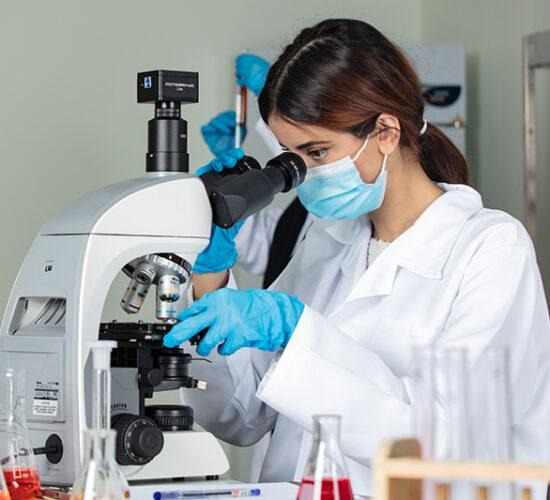Preparing Future Healthcare Professionals to Diagnose and Save Lives
The Bachelor of Medical Laboratory Science (BMLS) is a highly specialized undergraduate degree program that provides students with the essential skills and knowledge required to work as medical laboratory scientists. This program plays a pivotal role in the healthcare system by training professionals who perform critical diagnostic tests to aid in the detection, treatment, and prevention of various medical conditions.

What is a Bachelor of Medical Laboratory Science?
A Bachelor of Medical Laboratory Science is a comprehensive program that blends theoretical knowledge with practical laboratory skills. Students are educated in the scientific foundations of laboratory medicine, learning about the techniques, tools, and technologies used to analyze biological samples such as blood, urine, and tissue. They are also trained in areas such as microbiology, hematology, biochemistry, and immunology.
Medical laboratory scientists are responsible for conducting diagnostic tests that provide crucial information for doctors and healthcare professionals in determining patient diagnoses. The program ensures that graduates have the technical expertise and analytical skills to perform high-quality laboratory testing while adhering to ethical standards and laboratory safety protocols.
Hematology and Blood Banking: Analyzing blood and its components, conducting blood typing, and ensuring safe transfusions.
Microbiology: Identifying microorganisms such as bacteria, viruses, and fungi to diagnose infections.
Clinical Biochemistry: Analyzing body fluids to measure substances like enzymes, proteins, and glucose, aiding in disease diagnosis.
Immunology and Serology: Understanding the body’s immune system and diagnosing autoimmune diseases and infections.
Practical laboratory work and clinical placements allow students to gain hands-on experience, ensuring that they are well-prepared for the demands of the profession upon graduation.
Hospitals and Clinical Laboratories: Performing diagnostic tests and working alongside healthcare teams to treat patients.
Research Institutions: Contributing to advancements in medical science by conducting research in disease diagnosis and treatment.
Public Health and Forensic Laboratories: Playing vital roles in disease control and forensic investigations.
For more info :-


Write a comment ...